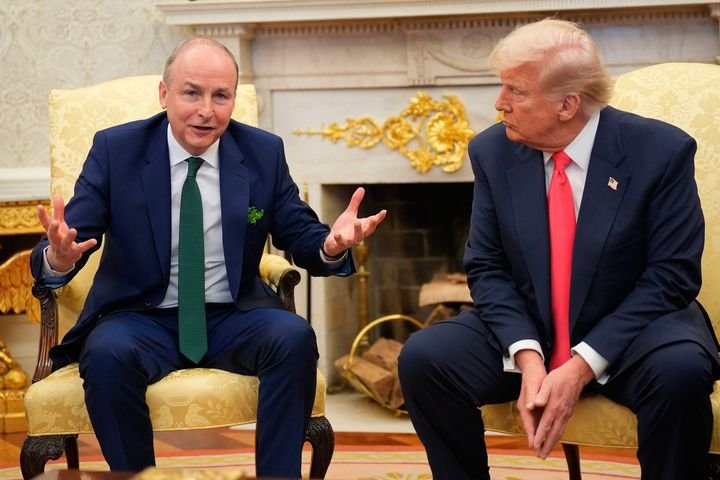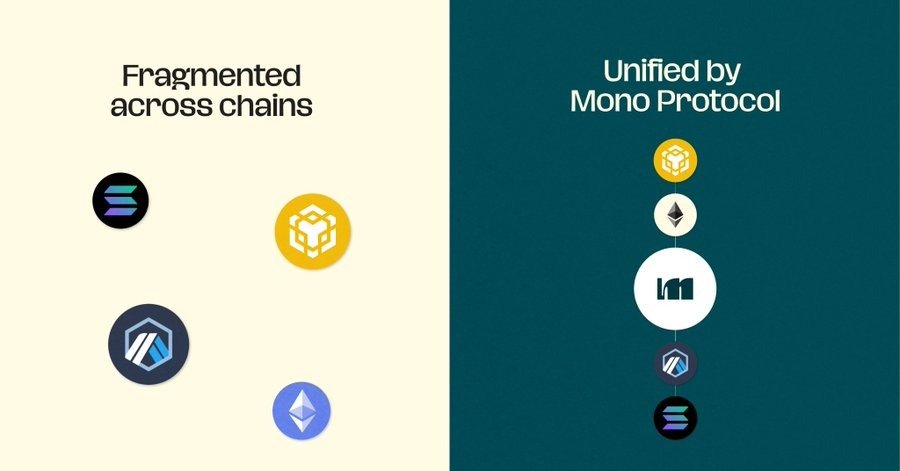SEC lacks grounds against ETH and valid reasons to reject Ethereum Spot ETF: Coinbase CLO

Share this article
The US Securities and Exchange Commission (SEC) is under fire for its perceived lack of clarity regarding Ethereum (ETH). In a recent post on X, Coinbase’s chief legal officer, Paul Grewal, challenged the SEC’s position, arguing that the SEC doesn’t have sufficient reasons to classify ETH as a security nor justifiable reasons to reject a spot Ethereum exchange-traded fund (ETF).
Grewal pointed to several key points about Ethereum, including the widespread adoption of ETH. According to him, classifying ETH as a security potentially impacts several US citizens.
The core argument is that “ETH is a commodity, not a security.” Grewal believes Ethereum should not be classified as a security, which would put it under stricter SEC regulations.
Sigh… again with the ETH misinformation as we await a decision on ETH ETPs. Ok–let’s talk about some basic facts about Ethereum. Millions of Americans hold ETH; it has been vital to crypto since its 2015 launch; and ETH is a commodity, not a security. 1/10
— paulgrewal.eth (@iampaulgrewal) March 20, 2024
In support of his argument, Grewal referenced statements from former SEC officials. He highlighted comments by William Hinman, the SEC’s former Director of Corporation Finance, who previously declared, “ETH is not a security.” Grewal also mentioned that SEC Chair Gary Gensler himself, before his appointment, had publicly stated that “ETH is not a security.”
Grewal added that the Commodity Futures Trading Commission (CFTC) and federal courts have consistently classified ETH as a commodity. According to him, ETH futures contracts traded on CFTC-regulated exchanges demonstrate established regulatory acceptance of ETH as a commodity.
This raises concerns about a potential clash between the SEC and the CFTC. Some analysts have previously warned that if the SEC classifies ETH as a security, it could directly contradict the CFTC’s view.
Grewal further argued that the Howey Test, a legal framework used to identify investment contracts, doesn’t apply to determining ETH’s status as a commodity. He believes that even with the merge, Ethereum’s major update that transitioned the network to proof-of-stake, ETH wouldn’t meet the criteria of an investment contract under the Howey Test.
Despite the SEC’s uncertain stance on ETH, Grewal believes the SEC has no valid reason to reject applications for spot Ethereum ETFs.
The SEC has no good reason to deny the ETH ETP applications. And we hope they won’t try to invent one by questioning the long established regulatory status of ETH, which the SEC has repeatedly endorsed. That’s not how the law works. And Americans deserve better. 10/10
— paulgrewal.eth (@iampaulgrewal) March 20, 2024
News of a probe into the Ethereum Foundation by an undisclosed “state authority” has cast a shadow over the already uncertain fate of spot Ethereum ETFs. The legal status of ETH has been a point of contention, and this investigation could further complicate the SEC’s decision on several pending ETF applications.
Details regarding the SEC’s investigation into the Ethereum Foundation remain unclear. It’s unknown whether the SEC is the unnamed agency involved, and even if it is, the purpose of the investigation remains unconfirmed.
Coinbase’s Paul Grewal isn’t alone in advocating Ethereum’s classification as a commodity. Ripple CEO Brad Garlinghouse recently argued in a post that the SEC is “losing badly” in court battles regarding Ethereum and falling behind international regulatory standards.
Spot Ethereum ETFs face continued delays
The SEC has delayed its decision on several spot Ethereum ETFs, including Grayscale’s Ethereum Futures Trust ETF, which was pushed back again on Friday. Other major issuers, such as ARK Invest, VanEck, BlackRock, and Fidelity, are also waiting for the SEC’s green light on their proposed Ethereum ETFs.
Bloomberg ETF analysts’ latest update paints a grim picture for hopeful investors awaiting approval of spot Ethereum ETFs. Their revised estimates peg the chance of a May approval at a meager 35%, significantly lower than their predictions for spot Bitcoin ETF approval.
Yeah our odds of eth ETF approval by May deadline are down to 35%. I get all the reasons they SHOULD approve it (and we personally believe they should) but all the signs/sources that were making us bullish 2.5mo out for btc spot are not there this time. Note: 35% isn’t 0%, still… https://t.co/QWQOGZjDC5
— Eric Balchunas (@EricBalchunas) March 11, 2024
Adding to the uncertainty, two US senators sent a letter to SEC Chair Gary Gensler earlier this month urging him to deny new crypto ETFs. Meanwhile, Gensler remains tight-lipped on the topic.
Share this article
Share this article
The US Securities and Exchange Commission (SEC) is under fire for its perceived lack of clarity regarding Ethereum (ETH). In a recent post on X, Coinbase’s chief legal officer, Paul Grewal, challenged the SEC’s position, arguing that the SEC doesn’t have sufficient reasons to classify ETH as a security nor justifiable reasons to reject a spot Ethereum exchange-traded fund (ETF).
Grewal pointed to several key points about Ethereum, including the widespread adoption of ETH. According to him, classifying ETH as a security potentially impacts several US citizens.
The core argument is that “ETH is a commodity, not a security.” Grewal believes Ethereum should not be classified as a security, which would put it under stricter SEC regulations.
Sigh… again with the ETH misinformation as we await a decision on ETH ETPs. Ok–let’s talk about some basic facts about Ethereum. Millions of Americans hold ETH; it has been vital to crypto since its 2015 launch; and ETH is a commodity, not a security. 1/10
— paulgrewal.eth (@iampaulgrewal) March 20, 2024
In support of his argument, Grewal referenced statements from former SEC officials. He highlighted comments by William Hinman, the SEC’s former Director of Corporation Finance, who previously declared, “ETH is not a security.” Grewal also mentioned that SEC Chair Gary Gensler himself, before his appointment, had publicly stated that “ETH is not a security.”
Grewal added that the Commodity Futures Trading Commission (CFTC) and federal courts have consistently classified ETH as a commodity. According to him, ETH futures contracts traded on CFTC-regulated exchanges demonstrate established regulatory acceptance of ETH as a commodity.
This raises concerns about a potential clash between the SEC and the CFTC. Some analysts have previously warned that if the SEC classifies ETH as a security, it could directly contradict the CFTC’s view.
Grewal further argued that the Howey Test, a legal framework used to identify investment contracts, doesn’t apply to determining ETH’s status as a commodity. He believes that even with the merge, Ethereum’s major update that transitioned the network to proof-of-stake, ETH wouldn’t meet the criteria of an investment contract under the Howey Test.
Despite the SEC’s uncertain stance on ETH, Grewal believes the SEC has no valid reason to reject applications for spot Ethereum ETFs.
The SEC has no good reason to deny the ETH ETP applications. And we hope they won’t try to invent one by questioning the long established regulatory status of ETH, which the SEC has repeatedly endorsed. That’s not how the law works. And Americans deserve better. 10/10
— paulgrewal.eth (@iampaulgrewal) March 20, 2024
News of a probe into the Ethereum Foundation by an undisclosed “state authority” has cast a shadow over the already uncertain fate of spot Ethereum ETFs. The legal status of ETH has been a point of contention, and this investigation could further complicate the SEC’s decision on several pending ETF applications.
Details regarding the SEC’s investigation into the Ethereum Foundation remain unclear. It’s unknown whether the SEC is the unnamed agency involved, and even if it is, the purpose of the investigation remains unconfirmed.
Coinbase’s Paul Grewal isn’t alone in advocating Ethereum’s classification as a commodity. Ripple CEO Brad Garlinghouse recently argued in a post that the SEC is “losing badly” in court battles regarding Ethereum and falling behind international regulatory standards.
Spot Ethereum ETFs face continued delays
The SEC has delayed its decision on several spot Ethereum ETFs, including Grayscale’s Ethereum Futures Trust ETF, which was pushed back again
?xml>
?xml>?xml>?xml>
Read More
Be the first to write a comment.



